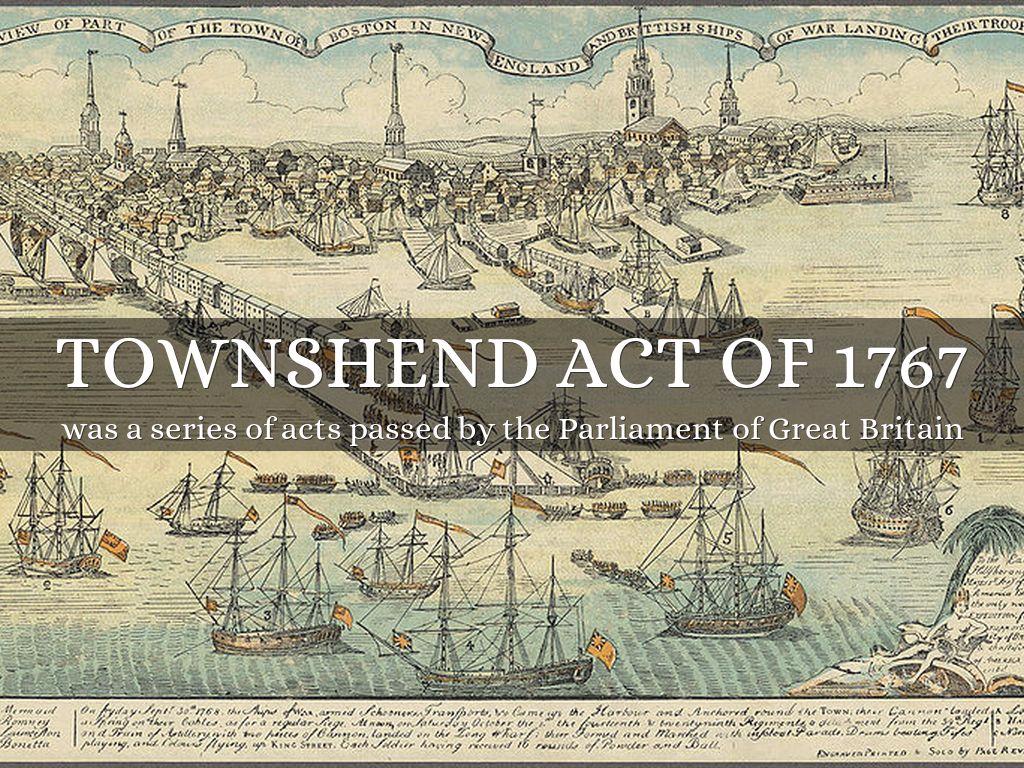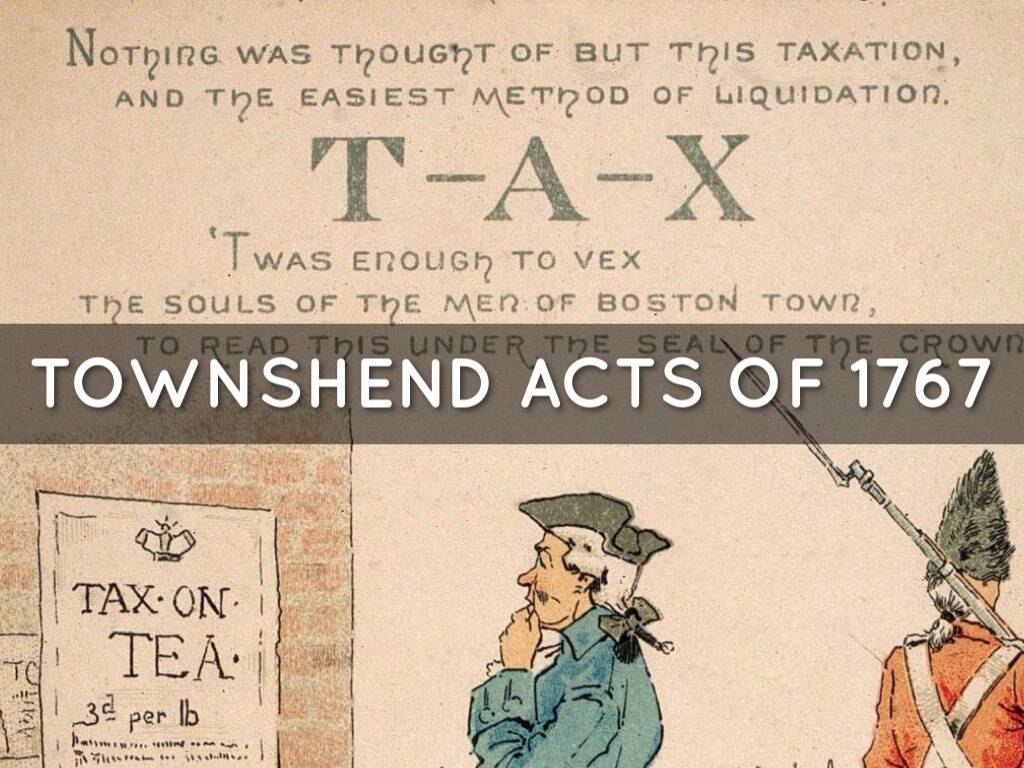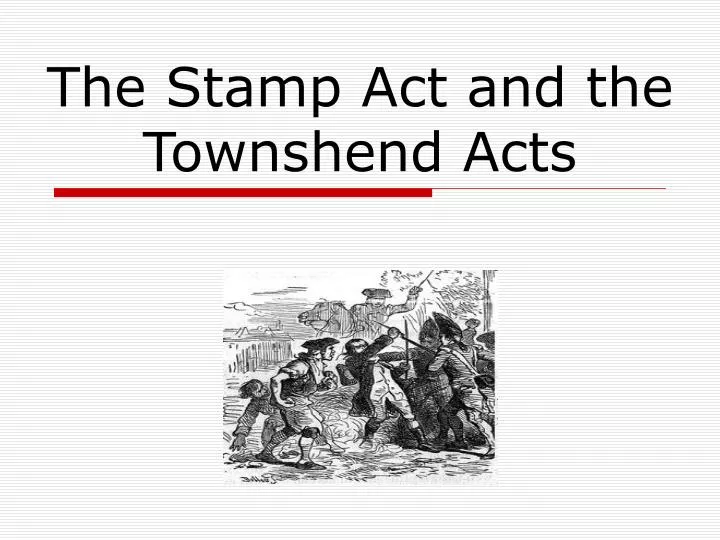Townshend Acts Drawing
Townshend Acts Drawing - Describe the purpose of the 1767 townshend acts. Published on 08 november 2023. Having no representation in parliament, the american colonists saw the acts as. Web charles townshend, chancellor of the exchequer, shown here in a 1765 painting by joshua reynolds, instituted the townshend revenue act of 1767 in order to raise money to support the british military presence in the colonies. How did the colonists respond to the townshend acts? What are three facts about the townshend act? The townshend acts and colonial protest. They were met with widespread protest in the colonies, especially among merchants in boston. Web describe the purpose of the 1767 townshend acts. Web charles townshend, chancellor of the exchequer, shown here in a 1765 painting by joshua reynolds, instituted the townshend revenue act of 1767 in order to raise money to support the british military presence in the colonies. Colonists’ joy over the repeal of the stamp act and what they saw as their defense of liberty did not last long. Web charles townshend, chancellor of the exchequer, shown here in a 1765 painting by joshua reynolds, instituted the townshend revenue act of 1767 in order to raise money to support the british military presence in the colonies. Web. What are three facts about the townshend act? Web complete list of included worksheets. Web the revenue act thus appeared to sever the relationship between governors and assemblies, drawing royal officials closer to the british government and further away from the colonial legislatures. They bear the name of charles townshend, chancellor of the exchequer, who is—as the chief treasurer of. Having no representation in parliament, the american colonists saw the acts as. Web updated on february 02, 2022. Like the stamp act and the intolerable acts, the townshend acts helped lead to the american revolution. The acts were deemed unconstitutional by the colonists, who protested them, helping to escalate the american revolution. The townshend acts were four laws, passed by. Web complete list of included worksheets. Web by the end of this section, you will be able to: Web the townshend acts were a series of acts passed by the british parliament between 1767 and 1768 to tax and regulate the thirteen american colonies. Having no representation in parliament, the american colonists saw the acts as. Web the revenue act. Web the revenue act thus appeared to sever the relationship between governors and assemblies, drawing royal officials closer to the british government and further away from the colonial legislatures. What did townshend acts do? Having no representation in parliament, the american colonists saw the acts as. The townshend acts were four laws, passed by the british parliament in 1767, that. Web the townshend acts were a series of acts passed by the british parliament between 1767 and 1768 to tax and regulate the thirteen american colonies. The townshend acts were four laws passed by the british parliament in 1767 imposing and enforcing the collection of taxes on the american colonies. Web charles townshend, chancellor of the exchequer, shown here in. Web charles townshend, chancellor of the exchequer, shown here in a 1765 painting by joshua reynolds, instituted the townshend revenue act of 1767 in order to raise money to support the british military presence in the colonies. Web complete list of included worksheets. Because the colonists were not represented in parliament, they thought the passage of the acts was unfair.. The revenue act also gave the customs board greater powers to counteract smuggling. Web the townshend acts, passed in 1767 and 1768, were designed to raise revenue for the british empire by taxing its north american colonies. How did the colonists respond to the townshend acts? It was the second time in the history of the colonies that a tax. Web the townshend acts (/ ˈ t aʊ n z ən d /) or townshend duties were a series of british acts of parliament passed during 1767 and 1768 introducing a series of taxes and regulations to fund administration of the british colonies in america. Web the revenue act thus appeared to sever the relationship between governors and assemblies, drawing. What are the 4 townshend acts? Web on 29 june 1767 parliament passes the townshend acts. Web charles townshend, chancellor of the exchequer, shown here in a 1765 painting by joshua reynolds, instituted the townshend revenue act of 1767 in order to raise money to support the british military presence in the colonies. Web the revenue act thus appeared to. They were met with widespread protest in the colonies, especially among merchants in boston. The townshend acts were four laws, passed by the british parliament in 1767, that angered colonists in north america. It was the second time in the history of the colonies that a tax had been levied solely for the purpose of raising revenue. What are the 4 townshend acts? Web updated on february 02, 2022. June 13, 2023 | original: Web the townshend acts were a series of laws passed in 1767 by british parliament that restructured the administration of the american colonies and placed duties on certain goods being imported into them. Like the stamp act and the intolerable acts, the townshend acts helped lead to the american revolution. Web describe the purpose of the 1767 townshend acts. They bear the name of charles townshend, chancellor of the exchequer, who is—as the chief treasurer of the british empire—in charge of economic and financial matters. The townshend acts were four laws passed by the british parliament in 1767 imposing and enforcing the collection of taxes on the american colonies. With the repeal of the stamp act, money is needed for defraying the expenses of administering the colonies in america. Explain why many colonists protested the 1767 townshend acts and the consequences of their actions. Colonists’ joy over the repeal of the stamp act and what they saw as their defense of liberty did not last long. The revenue act also gave the customs board greater powers to counteract smuggling. Web the revenue act thus appeared to sever the relationship between governors and assemblies, drawing royal officials closer to the british government and further away from the colonial legislatures.
Pin on Early America

The Townshend Acts were acts passed by Parliament in 1767 to tax

10 Facts About the Townshend Act Have Fun With History

Boston and The British Government Sutori

1770 Het Bloedbad van Boston Tioga Tours

Townshend Acts Definition, Facts & Purpose HISTORY

The Townshend Acts YouTube

The Townshend Act of 1767 (Illustrated) by British Parliament eBook

PPT The Stamp Act and the Townshend Acts PowerPoint Presentation

PPT There was a ROAD to REVOLUTION PowerPoint Presentation, free
Explain Why Many Colonists Protested The 1767 Townshend Acts And The Consequences Of Their Actions.
The Townshend Acts And Colonial Protest.
The Revenue Act Also Gave The Customs Board Greater Powers To Counteract Smuggling.
History, Series Of Four Acts Passed By The British Parliament In An Attempt To Assert What It Considered To Be Its Historic Right To Exert Authority Over The Colonies Through Suspension Of A Recalcitrant Representative Assembly And Through Strict Provisions For The Collection Of Revenue.
Related Post: